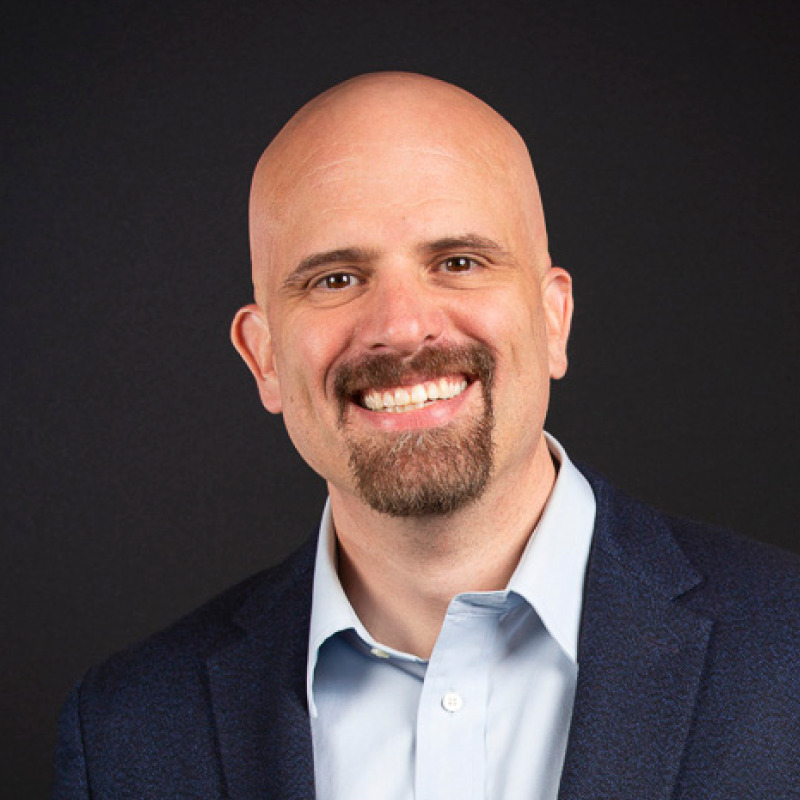Advanced broadband networks, including 5G, fiber, and high speed cable, are hot topics, but little attention is paid to the critical investments in infrastructure necessary to make these networks a reality. Each type of network has its own unique set of challenges to solve, both technically and legally. Advanced broadband delivered over cable systems, for example, not only has to incorporate support and upgrades for the physical infrastructure that facilitates modern high-definition television signals and high-speed Internet service, but also needs to be deployed within a regulatory environment that is fragmented across the many thousands of municipalities in the US. Oftentimes, the complexity of managing such a regulatory environment can be just as difficult as managing the actual provision of service.
The FCC has taken aim at one of these hurdles with its proposed Third Report and Order on the interpretation of Section 621 of the Cable Act, which is on the agenda for the Commission’s open meeting later this week. The most salient (for purposes of this post) feature of the Order is how the FCC intends to shore up the interpretation of the Cable Act’s limitation on cable franchise fees that municipalities are permitted to levy.
The Act was passed and later amended in a way that carefully drew lines around the acceptable scope of local franchising authorities’ de facto monopoly power in granting cable franchises. The thrust of the Act was to encourage competition and build-out by discouraging franchising authorities from viewing cable providers as a captive source of unlimited revenue. It did this while also giving franchising authorities the tools necessary to support public, educational, and governmental programming and enabling them to be fairly compensated for use of the public rights of way. Unfortunately, since the 1984 Cable Act was passed, an increasing number of local and state franchising authorities (“LFAs”) have attempted to work around the Act’s careful balance. In particular, these efforts have created two main problems.
First, LFAs frequently attempt to evade the Act’s limitation on franchise fees to five percent of cable revenues by seeking a variety of in-kind contributions from cable operators that impose costs over and above the statutorily permitted five percent limit. LFAs do this despite the plain language of the statute defining franchise fees quite broadly as including any “tax, fee, or assessment of any kind imposed by a franchising authority or any other governmental entity.”
Although not nominally “fees,” such requirements are indisputably “assessments,” and the costs of such obligations are equivalent to the marginal cost of a cable operator providing those “free” services and facilities, as well as the opportunity cost (i.e., the foregone revenue) of using its fixed assets in the absence of a state or local franchise obligation. Any such costs will, to some extent, be passed on to customers as higher subscription prices, reduced quality, or both. By carefully limiting the ability of LFAs to abuse their bargaining position, Congress ensured that they could not extract disproportionate rents from cable operators (and, ultimately, their subscribers).
Second, LFAs also attempt to circumvent the franchise fee cap of five percent of gross cable revenues by seeking additional fees for non-cable services provided over mixed use networks (i.e. imposing additional franchise fees on the provision of broadband and other non-cable services over cable networks). But the statute is similarly clear that LFAs or other governmental entities cannot regulate non-cable services provided via franchised cable systems.
My colleagues and I at ICLE recently filed an ex parte letter on these issues that analyzes the law and economics of both the underlying statute and the FCC’s proposed rulemaking that would affect the interpretation of cable franchise fees. For a variety of reasons set forth in the letter, we believe that the Commission is on firm legal and economic footing to adopt its proposed Order.
It should be unavailing – and legally irrelevant – to argue, as many LFAs have, that declining cable franchise revenue leaves municipalities with an insufficient source of funds to finance their activities, and thus that recourse to these other sources is required. Congress intentionally enacted the five percent revenue cap to prevent LFAs from relying on cable franchise fees as an unlimited general revenue source. In order to maintain the proper incentives for network buildout — which are ever more-critical as our economy increasingly relies on high-speed broadband networks — the Commission should adopt the proposed Order.




